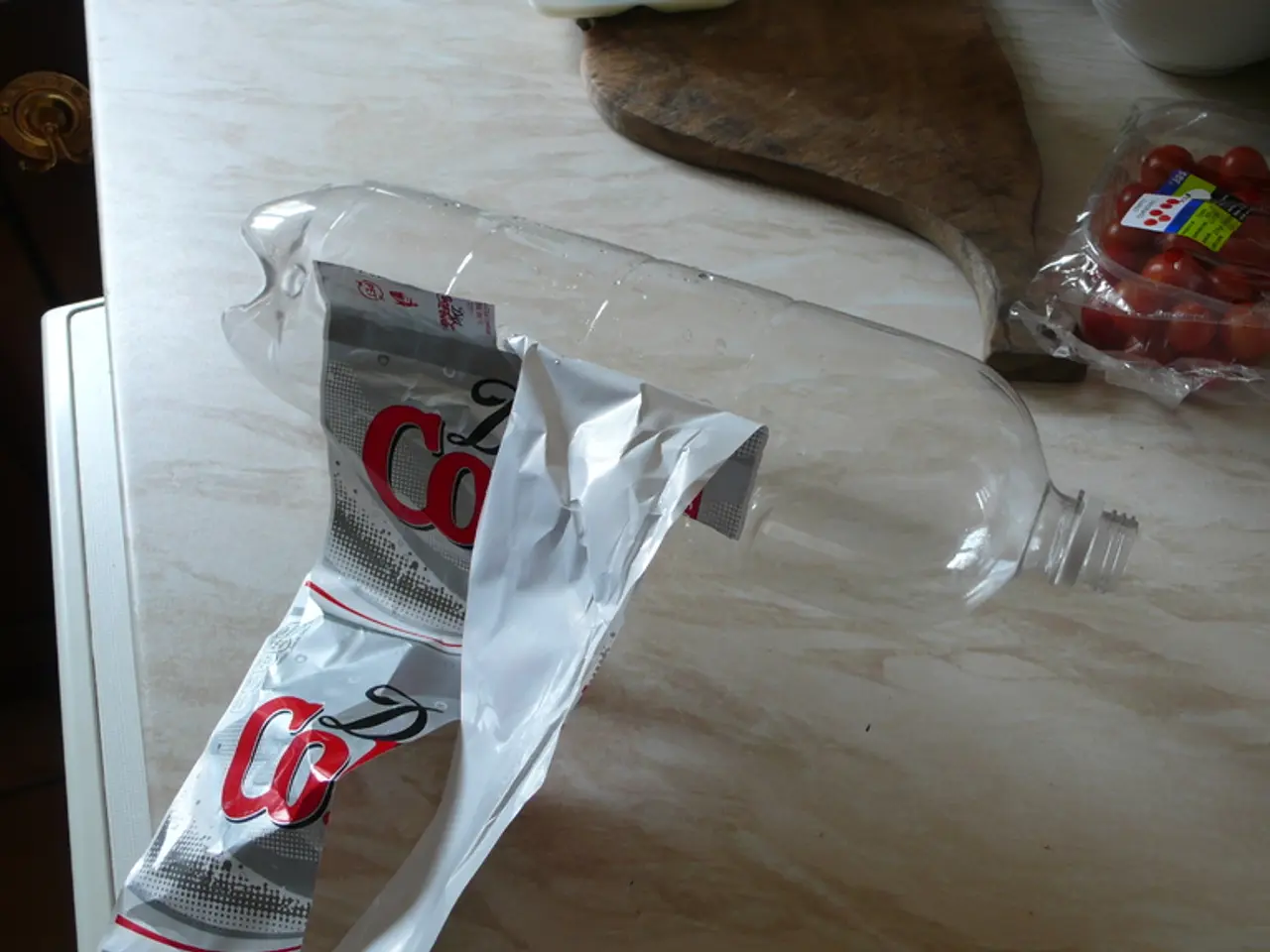Mexico prohibits the use of DDT and 34 other hazardous pesticides
Mexico Bans 35 Highly Hazardous Pesticides, Including DDT
The Mexican federal government has taken a significant step towards a cleaner, more sustainable, and safer agriculture by issuing a decree that bans the use, production, marketing, and importation of 35 highly hazardous pesticides. This move, led by Agriculture Minister Julio Berdegué, is part of a larger strategy to protect Mexico's producers, farmworkers, and consumers.
The ban includes DDT (Dichloro-Diphenyl-Trichloroethane), a substance once considered a miracle substance but eventually banned in the U.S. and most other countries due to its serious environmental and health impacts. DDT has been linked to various health issues, including cancer and nervous system disorders, and has been detected in the environment and breast milk.
Other prohibited pesticides include aldicarb, carbofuran, and endosulfan. Aldicarb, used on sugarcane and citrus fruits, can persist in drinking water, while carbofuran, applied to coffee, cotton, and avocado crops, is considered one of the most dangerous insecticides in the world. Endosulfan has serious effects on fetal and infant development. All three substances are carcinogenic.
The ban is a result of a coordinated effort among several cabinet-level ministries, including Agriculture, Health, Economy, and Environment. The decision was also influenced by a coalition of over 100 countries, including the European Union, Panama, and Rwanda, who called upon the Mexican government to take action.
This decree marks Mexico's largest pesticide restriction in more than 30 years. The last comparable restriction dates back to 1991, when 21 substances were banned. The new ban also aligns Mexico with the Basel, Rotterdam, and Stockholm international conventions.
The lack of alternatives has previously prevented action against toxic chemicals in Mexico. However, ongoing research worldwide is focusing on finding substitutes for the banned chemicals. A transition to less toxic alternatives is expected over the next five years.
This ban is a significant step towards a cleaner and safer environment for Mexico. It demonstrates the government's commitment to protecting its citizens and the environment from the harmful effects of these dangerous chemicals.
Read also:
- Nightly sweat episodes linked to GERD: Crucial insights explained
- Antitussives: List of Examples, Functions, Adverse Reactions, and Additional Details
- Asthma Diagnosis: Exploring FeNO Tests and Related Treatments
- Unfortunate Financial Disarray for a Family from California After an Expensive Emergency Room Visit with Their Burned Infant








